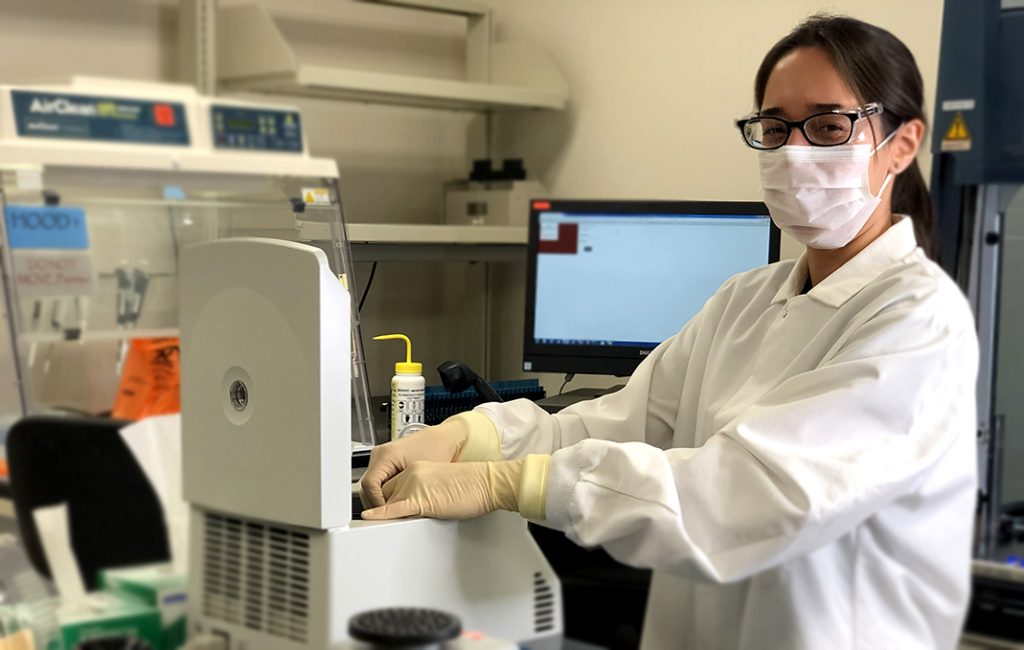Y-Screening: A Faster Solution for the Rape Kit Backlog
Detecting male DNA in forensic samples is faster, more sensitive, and more cost-effective for sexual assaults and other types of cases.
Y-Screening, also known as Male DNA screening, is the most efficient DNA testing method for sexual assault kits.
New legislation and media scrutiny surrounding the slow processing time of sexual assault evidence-collection kits have prompted labs to take a second look at their laboratory-processing steps.
PROBLEM: Traditional serological testing methods can be labor-intensive and time-consuming, and testing efficacy can vary depending on the expertise of each bench analyst.
SOLUTION: Since 2010, we have optimized and implemented a high-throughput serology process, Y-Screening, that has significantly increased our laboratory’s capacity to analyze more sexual assault evidence on a monthly basis.
We have utilized our Lean Six Sigma expertise to create guidelines and thresholds for our Y-Screening results in order to identify and focus on the success rates of obtaining a DNA profile for comparison and/or CODIS upload.

